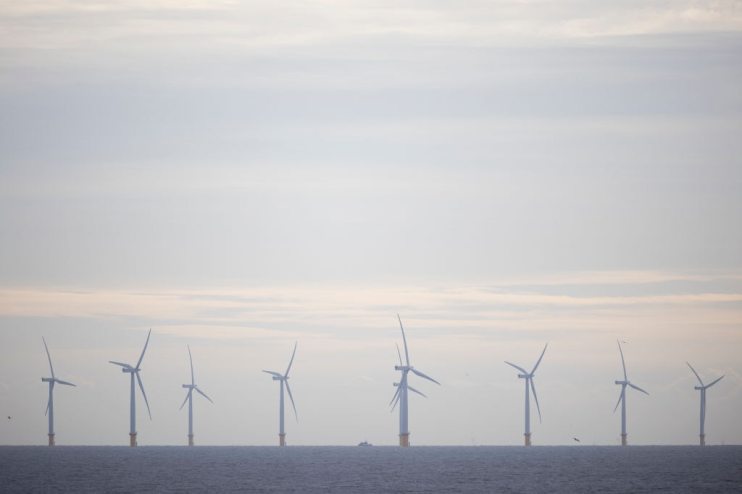Low-cost energy generation may no longer be winning factor for renewable auctions under government overhaul

Applications for renewable projects could soon be assessed on their contributions to the wider green industry, rather than just their ability to deliver low-cost energy generation, in the latest proposals from the government to shake up the sector.
As it stands, offshore wind and solar projects are approved through the contracts for difference (CfD) scheme, which has awarded 26.1GW of projects over its eight-year lifespan across multiple auctions, known as allocation rounds.
Since the first auction was completed in 2015, the per unit (MWh) price of offshore wind has dropped by almost 70 per cent.
Currently, CfDs are awarded based on the bid price submitted by renewable energy generating stations, such as an offshore wind farm.
This competitive programme allocates projects on the basis of low-cost generation, putting downward pressure on prices.
However, the government is now seeking evidence and views on reviewing applications based on how much a renewable energy project contributes to the wider health of the renewable energy industry.
These reforms could see applicants considering overall costs alongside other ‘non-price factors’ such as supply chain sustainability, innovation, system and grid flexibility and closing skills gaps.
The government hopes this could help drive investment in the sector, grow the economy and boost the UK’s energy security.
For example, more investment in supply chain sustainability could potentially help reduce its carbon impact, while investment in the skills gap could help to train the technicians needed to deploy ever larger renewable energy generation stages.
This call for evidence for potential changes to the CfD scheme follows recommendations made in Chris Skidmore’s Net Zero Review and the report earlier this month from the Offshore Wind Champion Tim Pick.
The government will launch a consultation on more detailed proposals if the call for evidence is constructive.
There is growing concern in the renewable industry that the current fifth allocation round for offshore wind could raise generation prices due to the pressures of inflation on supply chains and materials.
Industry body Renewable UK has criticised the government’s £205m budget for the latest allocation round as being insufficient.
It has also slammed the lack of reforms to onshore wind planning rules at the budget and the so-called ‘Green Day’ earlier this month.
However, it was more complimentary of the government’s latest proposals to shift away from just pricing.
Renewable UK’s executive director of policy Ana Musat said: “It’s clear that awarding CfDs shouldn’t just be based on a race to the bottom on prices, but it should also take account of the wider economic and environmental benefits which this industry can deliver.
“So we’re advocating a sustainable approach on prices to support long-term industrial growth, innovation and supply chain development. This would enable us to maximise the economic benefits which this industry has to offer, including creating tens of thousands of high-quality jobs over the course of this decade.”
However, Adam Bell, head of policy at Stonehaven, was wary moving away from its price focus could weaken the CfD scheme – and that it made more sense for new programmes around harnessing the wider benefits for the sector.
He told City A.M.: “Moving away from projects competing purely on price carries significant risk, not least to delivering the volume of wind we need at a cheap enough cost. It’s legitimate to want the UK to capture more of the offshore wind value chain, but distorting a successful policy to achieve that feels counter-productive. Far better to develop more bespoke and targeted measures.”